Trump's Tariffs: A Stinging Blow to His Best Ally, Musk
![]() 04/13 2025
04/13 2025
![]() 423
423
Half a year ago, Musk could never have foreseen this turn of events. He had vigorously supported his ally, Trump, both financially and personally, yet Trump's imposition of absurd tariff policies has deeply wounded him.
At that time, Musk was reveling in the success of Trump, emerging as a significant beneficiary due to his wise bets. Tesla's market value soared from approximately $800 billion to $1.4 trillion.
Moreover, Trump kept his promise and appointed Musk to head the Department of Government Efficiency (DOGE), tasked with reforming the federal government, cutting expenses, and streamlining personnel, effectively granting him immense power...
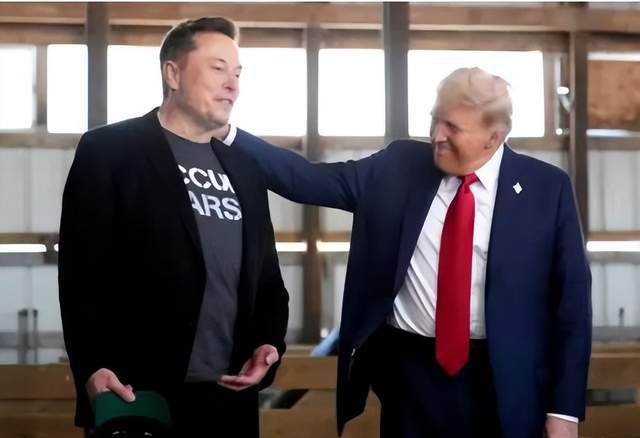
However, this favorable situation lasted only half a year before taking a sharp downturn.
As Trump's ally, Musk faced boycotts from those opposed to Trump, which extended to his Tesla brand. Additionally, Musk's role at DOGE, with its cost-cutting measures and extreme layoffs, caused widespread chaos, sparking public outcry and distrust in the government, ultimately leading to a steep decline in Tesla sales.
In the capital market, Tesla's descent was as swift as its ascent. Within a few months, its market value plummeted from $1.4 trillion to $800 billion...
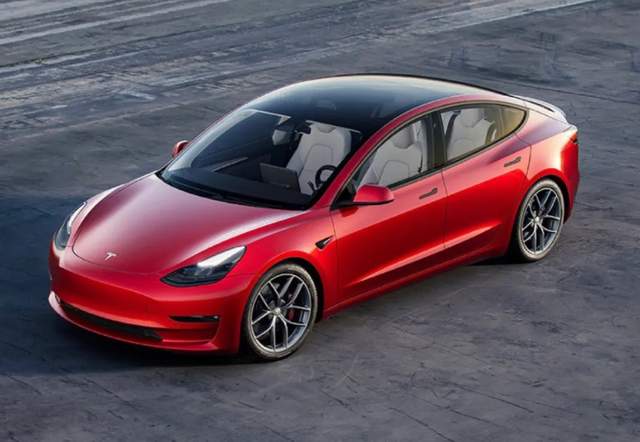
Consequently, Musk decided to step down from his pioneering role at DOGE, citing his resignation from the position.
Just when things couldn't get worse for Musk, Trump's retaliatory tariffs dealt another blow, severely impacting Musk and Tesla.
Tesla, known for its integration into the global supply chain, operates factories worldwide and sells its vehicles globally. Notably, Tesla Shanghai's production accounts for 40% of its global total, with the Chinese market contributing over 30% of its sales.
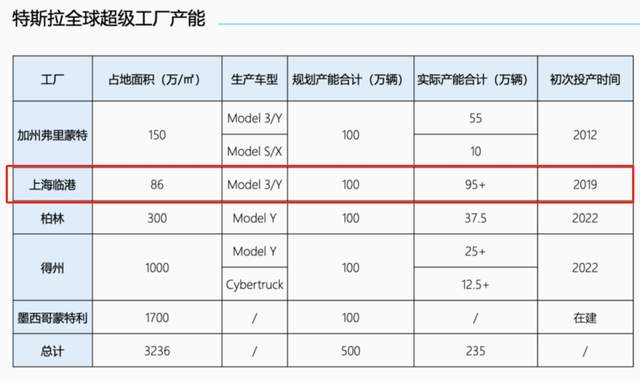
Hence, the Model X/S manufactured in the US is shipped to China for sale, while the Model 3/Y made in China is exported to the US. However, with the US imposing a 145% tax on Chinese-made products and China retaliating with a 125% tax on US-made goods, trade between the two countries has effectively stalled due to these exorbitant tariffs.
As a result, Tesla has removed the new car order pages for its flagship models, the Model S and Model X, in the Chinese market. Similarly, there are no new car sales of Chinese-made Model 3/Y in the US market.
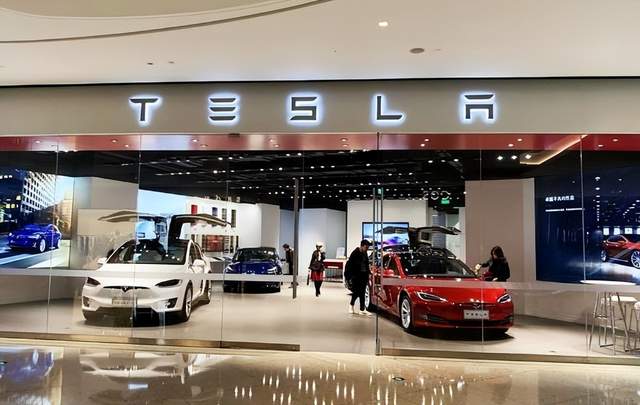
For Tesla, an even more severe test looms as next month, the taxation scope will expand from complete vehicles to various automotive components, including battery packs, engines, and transmissions.
Since Tesla's US production relies heavily on Chinese parts, and its Chinese production needs American parts, the imposition of tariffs on both sides has disrupted Tesla's supply chain, causing severe damage.
Experts predict that if tariffs remain unnegotiated, Tesla's costs will skyrocket, eroding its market competitive advantage. This would lead to a significant decline in sales and further exacerbate the situation in the capital market.
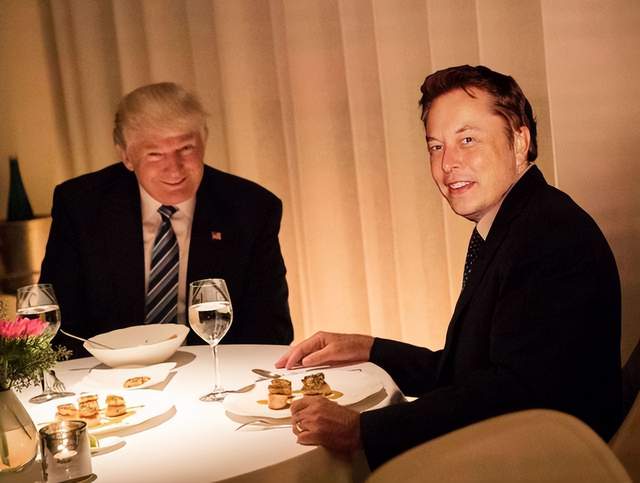
In fact, Tesla is not alone. Due to factors like the hollowing out of the US manufacturing industry, many American companies, including Apple, TI, and Micron, are highly dependent on China's supply chain.
Therefore, Trump's tariff policy has inadvertently hurt his allies and supporters first, with Musk bearing the brunt of the consequences.







